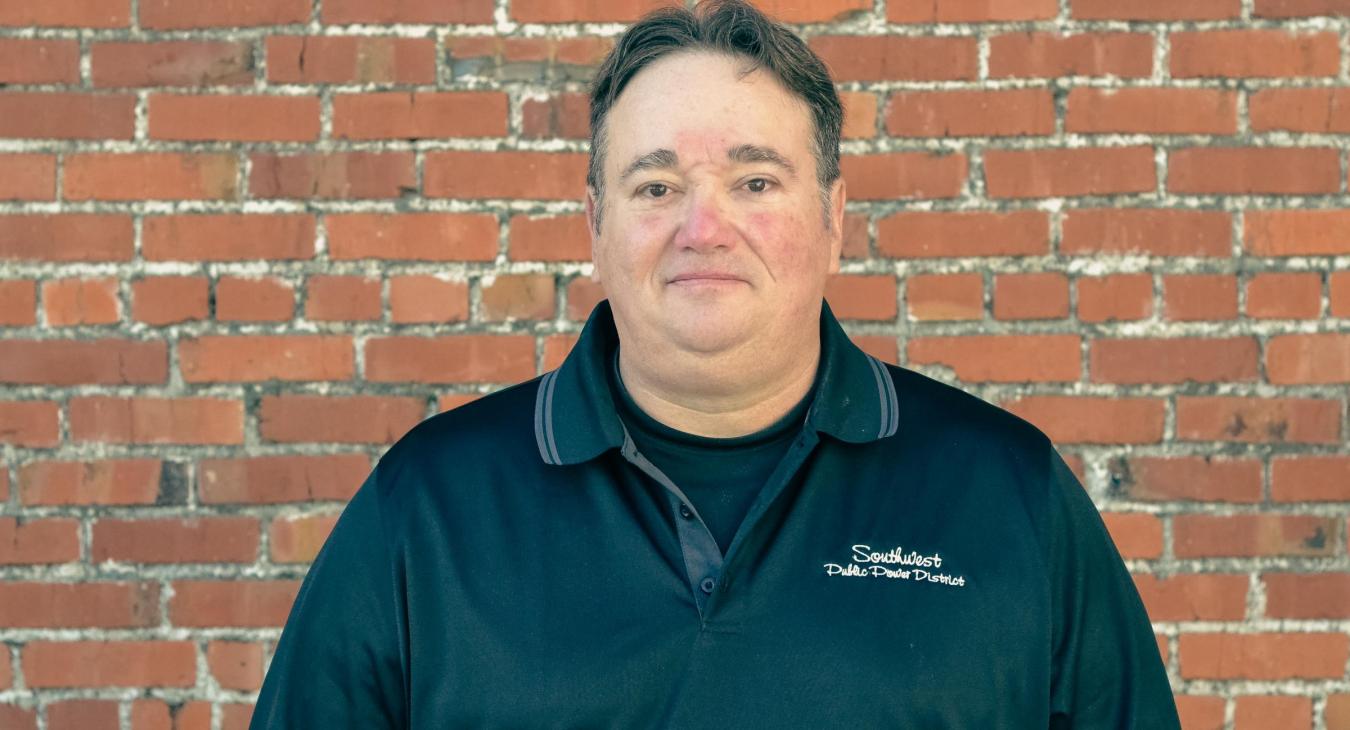By Colyn Suda, Southwest Public Power District general manager
Every hour of every day, safety is the primary focus of employees in the electric industry. All facets of getting the electric product from that piece of coal, uranium or any other fuel source is carefully planned in order to be delivered to the end-use customer safely. From our perspective at the distribution level, we spend countless hours making this a priority.
Our team meets weekly reviewing upcoming jobs. In addition, tailgates are performed prior to each specific job. These tailgates are when each crew meets and discusses the job and the plan ahead of time. Everything from the materials needed, equipment used, and individual responsibilities are planned. Preparations are made including “worse case” scenarios, exact job location and nearest emergency responders are known and discussed with each crew member.
Being very specific and detail oriented is important to building a safety culture wherever you work. But for our industry, it needs to go further. This culture of safety needs to reach our customers and all citizens who might live, work or commute near our facilities. Electric utilities budget and spend a lot of money trying to educate the public about not only the safety hazards, but also what should be done in the event of an electrical accident event.
We use all sources of communication to send these messages. Newspaper, radio, television, social media, home and ranch shows, and even this very magazine you’re reading. Regardless of these efforts, it is inevitable that accidents will continue to occur. But as I’ve learned in the practices at Southwest Public Power District, most of these accidents are entirely preventable and typically occur during a time of fatigue or simply being rushed. Many accidents in Nebraska also seem to be seasonal and coincide with planting or harvesting periods.
In 2024, Southwest Public Power District alone responded to 21 outage calls as a result of customer accidents with farming equipment coming into contact with poles, wires or other electrical facilities. Thankfully no one was seriously injured last year, but repair costs and damaged equipment exceeded $93,000 being passed on to the customer.
According to the Electrical Safety Foundation International 74% of workplace electrical fatalities occurred in non-electrical occupations from 2011-2023. Almost 43% of those were due to direct contact with overhead power lines.
Many accidents could be avoided by simply following three short steps.
1) Slow down and think about your work plan every day.
2) Report low hanging lines or damaged electrical equipment immediately.
3) Tailgate with your team members about potential hazards before every job.
I would extend a personal invitation to anyone reading this to contact us for more information about our monthly safety meetings or daily tailgates for a better understanding of the preparation and communication required to make your work, your employees and your family a safety priority.
In addition, I would be willing to bet that your local utility would be excited to visit your communities, schools and local organized events to share this message of safety and planning. All it takes is a call.

